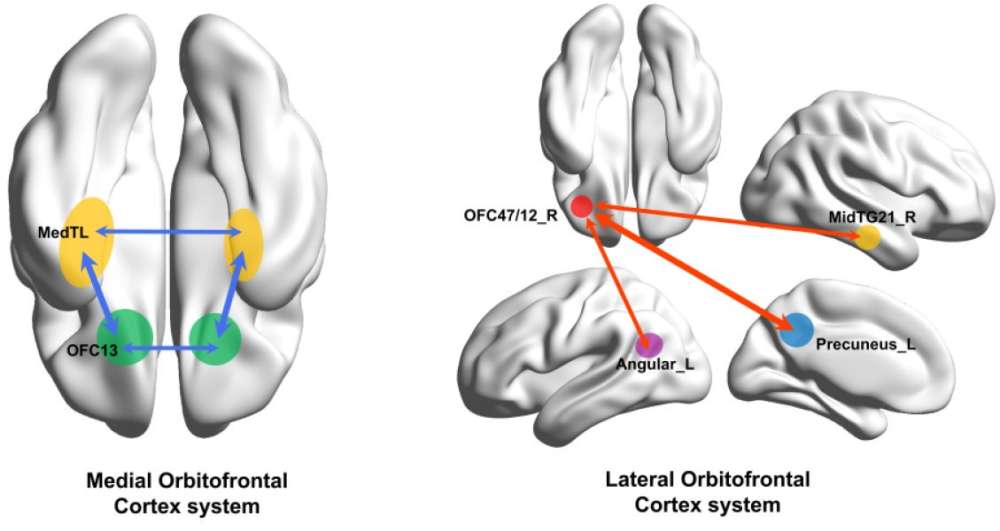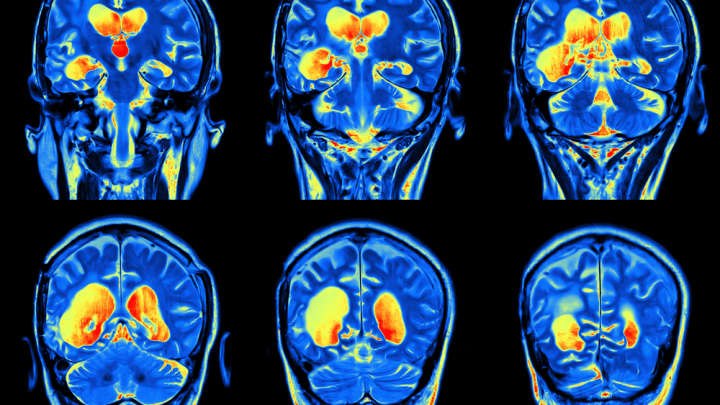A current advancement in science indicates that they may have found the physical source of depression in the brain. The discovery could result in some game-changing advancements in the method we deal with and view the mental disorder, while likewise taking a bold step in comprehending the physical root cause of depression.
This post contains Amazon affiliate links, meaning I may earn a small commission if you purchase through my links, at no extra cost to you. Note: We aim to provide accurate product links, but some may occasionally expire or become unavailable. If this happens, please search directly on Amazon for the product or a suitable alternative.
Research by the University of Warwick in the UK and Fudan University in China has shown that depression affects the lateral orbitofrontal cortex. This part of the brain becomes activewhen suffering punishment or when rewards are not received, suggesting depression could be associated with the sensation of not receiving reward.
“More than one in ten people in their life time suffer from depression, a disease which is so common in modern society and we can even find the remains of Prozac (a depression drug) in the tap water in London,” study author Professor Jianfeng Feng said in a statement.“Our finding, with the combination of big data we collected around the world and our novel methods, enables us to locate the roots of depression which should open up new avenues for better therapeutic treatments in the near future for this horrible disease.
 “The human medial (reward-related, OFC13) and lateral (non-reward-related, OFC47/12) orbitofrontal cortex networks that show different functional connectivity in patients with depression.”University of Warwick
“The human medial (reward-related, OFC13) and lateral (non-reward-related, OFC47/12) orbitofrontal cortex networks that show different functional connectivity in patients with depression.”University of Warwick
The study was recently published in the neurology journal Brain.
The researchers reached this conclusion after scanning the brains of 909 people in China with a high-precision MRI. Of these patients, 421were diagnosed with major depression, while the remaining 488 were control subjects.
This imaging technique was able to show activity in the connections between different parts of the human brain affected by depression, namely the medial and lateral orbitofrontal cortex. The lateral orbitofrontal cortex, associated with non-reward, showed considerablystronger connectivity inthose in the depressive group.
Read more: IFL Science








